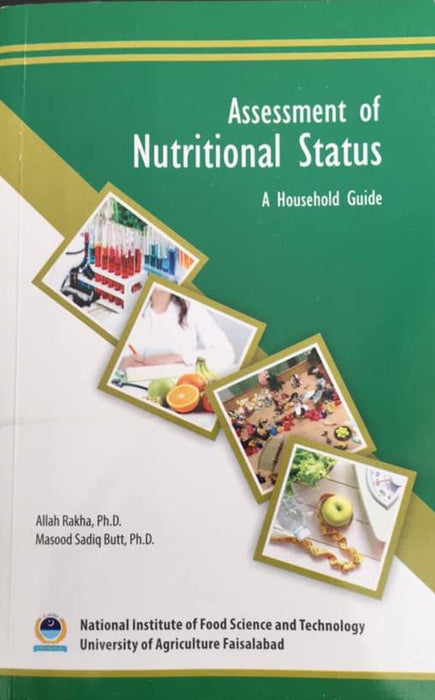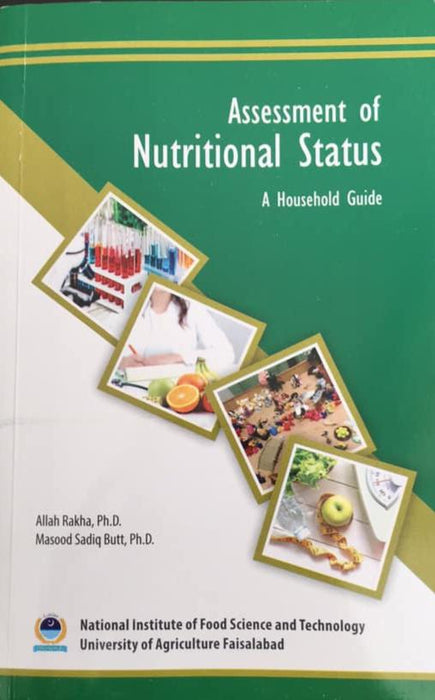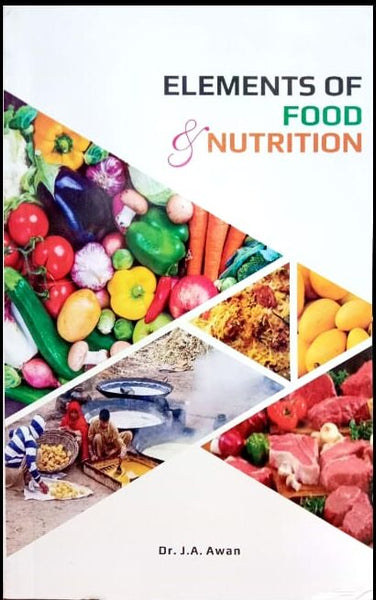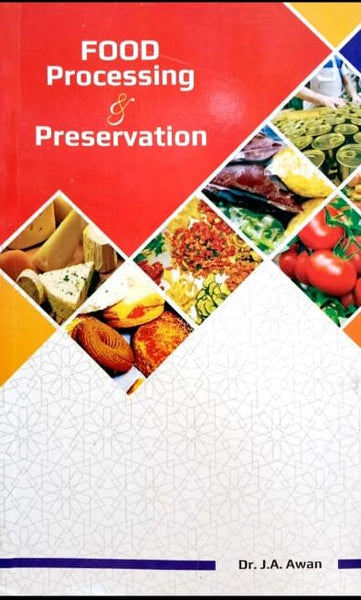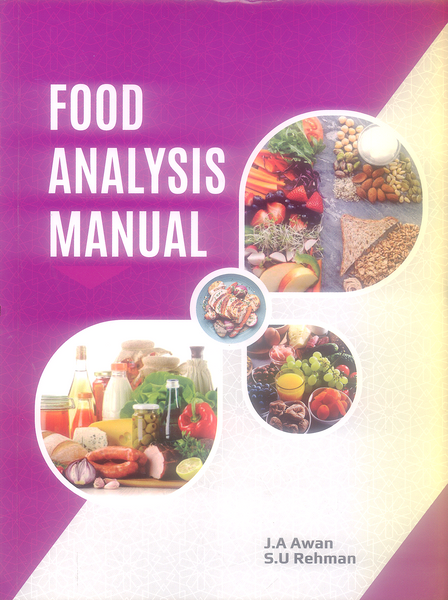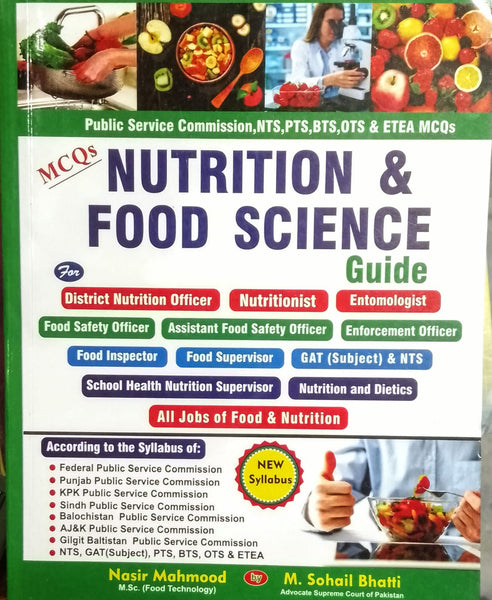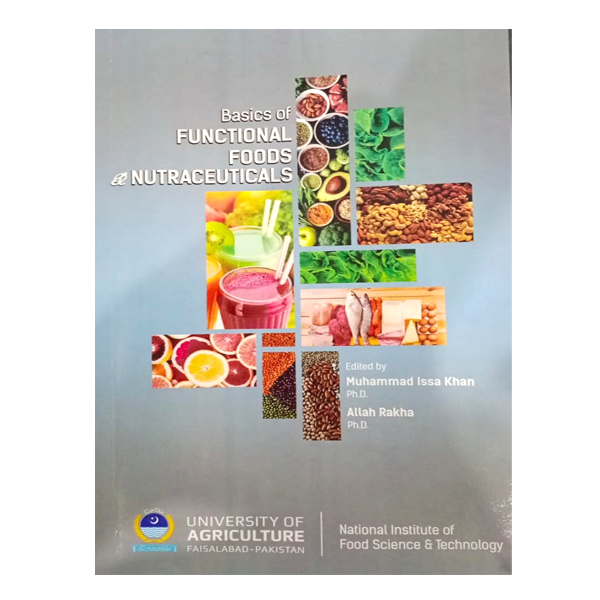Assessment Of Nutritional Status by Allah Rakha
- Publisher: FOOD SCIENCE & TECHNOLOGY
- Availability: In Stock
- SKU: 49036
- Number of Pages: 234
Rs.540.00
Rs.600.00
Tags: affordability. , Allah Rakha , anthropometric measurements , Assessment Of Nutritional Status , best books , Best Selling Books , bias , biochemical analysis , BMI , body composition , clinical assessment , data accuracy , dietary evaluation , dietary intake , eating patterns , edema , food diaries , good books , growth , hair condition , health evaluation , healthcare professionals , high-risk groups , impact evaluation , interventions , limitations , lipids , malnutrition , Masood Sadiq Butt , minerals , muscle wasting , nutrient intake , optimal health outcomes , policies , population characteristics , programs , proteins , public health initiatives , recalls , reference values , results , signs , skin condition , skinfold thickness , surveys , symptoms , technology integration , vitamins , waist circumference
The assessment of nutritional status is crucial for evaluating individuals' health and well-being. Allah Rakha and Masood Sadiq Butt present a comprehensive analysis in this study, offering insights into various key aspects of nutritional assessment, including anthropometric measurements, biochemical analysis, clinical assessment, and dietary evaluation. Their work provides a holistic approach to understanding and improving nutritional status, which is essential for addressing malnutrition and promoting overall health.
Key Points:
1. Anthropometric Measurements: Anthropometric measurements involve assessing physical dimensions such as height, weight, body mass index (BMI), waist circumference, and skinfold thickness. These measurements provide valuable information about an individual's growth, development, and body composition.
2. Biochemical Analysis: Biochemical analysis includes blood tests to evaluate levels of essential nutrients, such as vitamins, minerals, proteins, and lipids. This assessment helps in diagnosing nutritional deficiencies or imbalances and monitoring the effectiveness of dietary interventions.
3. Clinical Assessment: Clinical assessment involves examining signs and symptoms related to nutritional status, such as hair and skin condition, muscle wasting, edema, and overall physical appearance. These observations can indicate underlying nutritional deficiencies or health conditions.
4. Dietary Evaluation: Dietary evaluation assesses individuals' dietary intake, including types and amounts of food consumed. Methods like food diaries, 24-hour recalls, and dietary surveys help in understanding eating patterns, nutrient intake, and adherence to dietary recommendations.
5. Importance of Nutritional Assessment: Nutritional assessment is essential for identifying malnutrition, guiding interventions, monitoring progress, and preventing nutrition-related diseases. It enables healthcare professionals to tailor interventions to individuals' specific needs and promote optimal health outcomes.
6. Methods and Techniques: Various methods and techniques are utilized in nutritional assessment, ranging from simple measurements to advanced laboratory tests. The selection of appropriate methods depends on the purpose of assessment, available resources, and population characteristics.
7. Interpretation of Results: Interpreting assessment results requires considering multiple factors, including age, gender, ethnicity, socio-economic status, and health status. Comparison with reference values and clinical judgment helps in identifying deviations from optimal nutritional status.
8. Role in Public Health: Nutritional assessment plays a crucial role in public health initiatives by informing policies, programs, and interventions aimed at improving population nutrition. It helps in targeting high-risk groups, allocating resources effectively, and evaluating the impact of interventions.
9. Challenges and Limitations: Challenges in nutritional assessment include obtaining accurate data, accounting for dietary variations, interpreting results in diverse populations, and addressing biases and limitations of different assessment methods.
10. Future Directions: Future research in nutritional assessment aims to refine existing methods, develop innovative approaches, integrate technology for data collection and analysis, and enhance the accessibility and affordability of assessment tools for diverse populations.
In conclusion, the assessment of nutritional status by Allah Rakha and Masood Sadiq Butt provides a comprehensive framework for understanding and evaluating individuals' nutritional health. Their work emphasizes the importance of adopting a multidimensional approach to assessment, considering various factors that influence nutritional status, and addressing challenges to improve the accuracy and effectiveness of nutritional assessment methods.
════ ⋆★⋆ ════
Writer ✤ Allah Rakha & Masood Sadiq Butt

